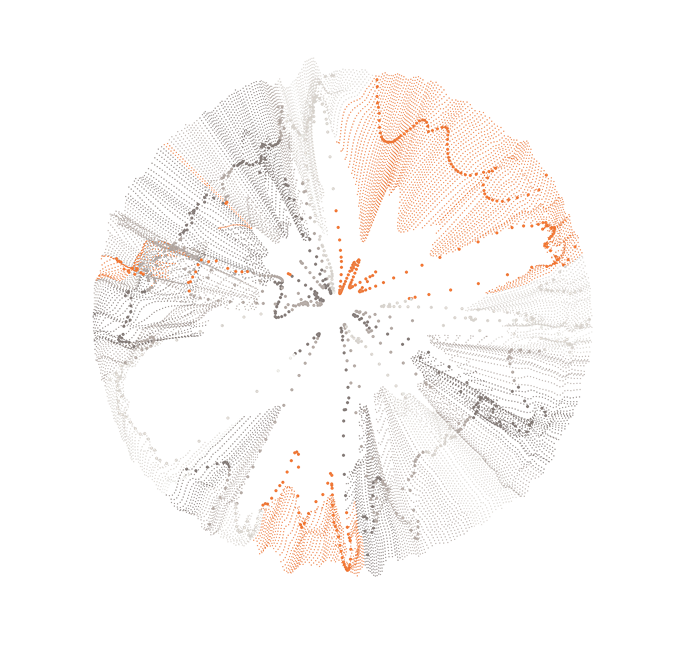Data experts at NORC address many of the world’s most pressing issues. We develop and incorporate robust techniques to collect, organize, manage, and transform data. Increasingly, we employ secondary data acquisition tools in our research. The highly reliable data NORC produces enables policymakers and business leaders to make better, more informed decisions. With secure environments for data, we use multiple platforms and techniques to maximize data quality. Our approach ensures that large databases with many different formats and measurements correspond with each other to create unified, accurate information. We can create detailed measurements that are unavailable with traditional survey methods. We partner with local data collection firms to collect data worldwide.
Using the latest data science techniques, NORC creates, collects, and applies primary and secondary data.




